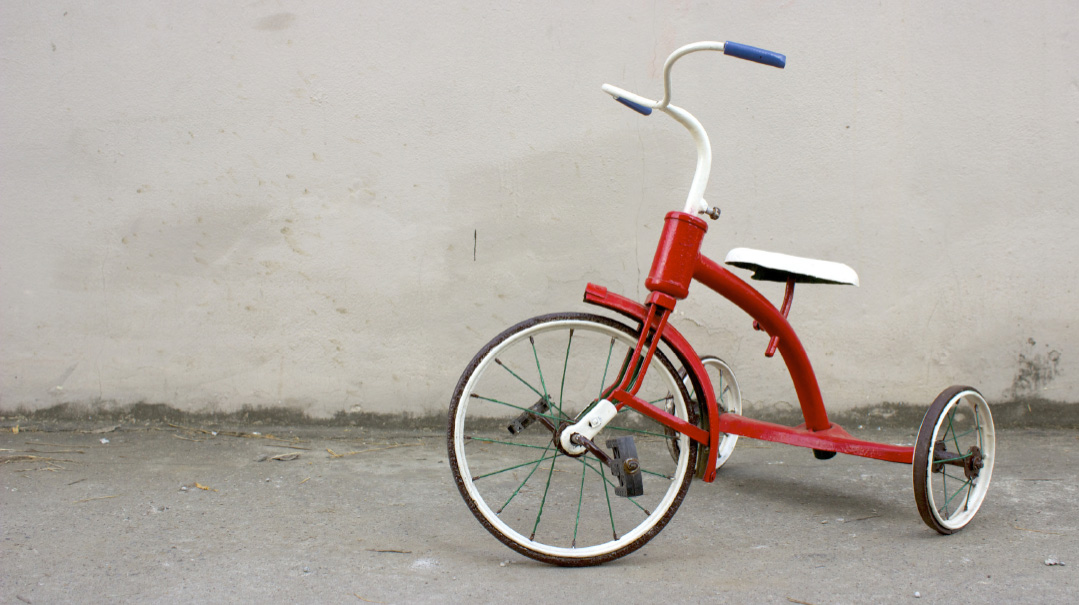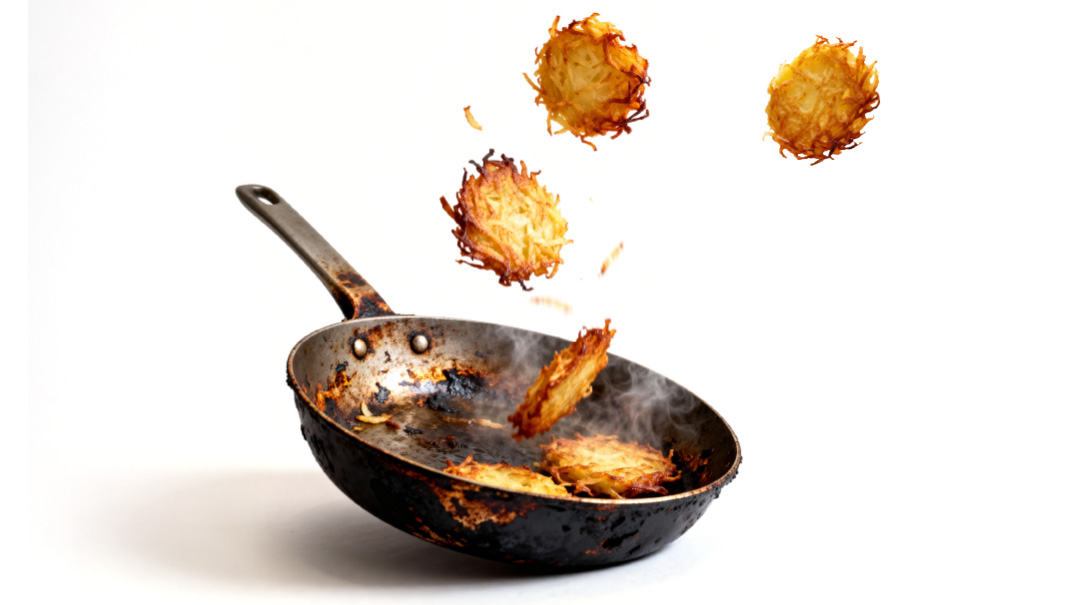Place for Every Son

I know what she’s thinking: chareidi, kids, more kids, mess, problems

As told to Rivka Streicher
The round table is set for six. The girl from Jewessence is here already. We’re just waiting for Michelle.
My kids are up. I didn’t want them to miss the Seder experience, even though at ages two and three they’re going to get cranky soon or hyped from too much grape juice. (And what will Michelle say?)
There’s a knock on the door, and I hold my breath.
My husband, Eli, smiles at her. He dons his kittel, and we start to make Kiddush together. Him in his chassidish Satmar havarah, not looking the part, light years from the Williamsburg he grew up in, though smidgens of it still live inside him.
I say the words aloud alongside him. After five years the pronunciation is growing on me, even as I hear an anglicized version of the Seder Kiddush in my head. My mind flies back to the Sedorim of my childhood; we always had a Seder, even if the cousins would drive home afterward, and we made a mean charoses, a recipe I duplicated this morning in my small Jerusalem kitchen.
I hold my cup aloft and think how much this Seder means to us. We’d been invited out the last couple of years, so this is just the second Seder we’re doing on our own. It’s a night of harking back, of generations and links in a chain.
Eli and I, we’re forming our own link, bridging our differences, in marriage, as parents. It’s been five years and three children, and we’ve built a new life in Jerusalem, one that neither of us could have imagined as we grew up in our divergent corners of New York. And in this new life there are new characters, problems to face — or embrace.
One of them is Michelle, the neighbor who stands beside me, Kiddush cup quivering in her hand.
“Can you fold the stroller when you get upstairs?”
I’m pushing a double stroller, manhandling it into the elevator, newly pregnant, and breathless. And there Michelle goes again, with something to say.
Help me, I want to say to her. Her eyes bounce off my face, I see her looking at the kids clinging to my skirt. I don’t think she can hear my telepathy. I’m afraid I know what she’s thinking: chareidi, kids, more kids, mess, problems.
Maybe I should be more sympathetic of her fixation with cleanliness and order, and sometimes I wonder who she has in her life and what’s happened to her to harden her so. But right then, sweating and parched, having entertained the kids in the park for the last hour, I can’t handle reproach. I need to make it to my apartment, get a drink, get these kiddies into bed for their naps. I cannot fold the stroller.
“Is that your trike?”
Yes, it is. It is. And it’s outside my apartment, not yours.
Knock at our door Friday evening. “So you’re the ones making the noise? What do you think, it’s party time? I’m going to have to report you.”
I tried to avoid her, but she’s next door and always around, breathing annoyance like a dragon.
After she walked in on us and our guests that Friday night, Eli thought we should invite her over. Bless him. I didn’t want that scary lady at my table.
“C’mon, she’s not scary, she’s a lonely woman,” Eli says. I let myself be convinced.
She came for a Shabbos meal, for Havdalah, dropped by one night of Chanukah. The wall between us, formed of her resentment and my exhaustion and frustration, started to shake; bricks fell, we could see each other’s faces across it. Still, she kept the visits short, no time for anything drastic to happen. I was relieved; no time for her to get annoyed at the kids.
Then Eli suggested we invite her for the Seder.
“Have Michelle over for hours on end?”
“Yeah, why not? It’s going to bring understanding, things will change.”
And now she’s here, sitting, taking it in, and I can’t read her features. Grape juice spills, matzah breaks, she points to the bigger half, and maybe there’s a gleam in her eye.
Maggid, Eli starts to expound. The Four Questions, the Four Sons. I look at the four of us round the table. Eli and I, Rena from Jewessence, a program for at-risk young women, and Michelle from next door and who knows what life before that.
Vehi She’amdah, the kids dance with Eli. They caper around the room on a grape juice high.
Suddenly Rena holds out her hand. Her fingers are tinged in blood. “My scalp’s bleeding, again. Do you think it’s dangerous? Something to worry about?”
“You were scratching your head,” I point out. “It should be fine.”
She’s freaking out and keeps mentioning it, but right now I need to be mom to my own kids. I round up the two boys and go get them into pj’s.
When I come back. Eli’s holding the baby, and Michelle, she’s taken Rena under her wing.
They talk over the meal. Rena brings up the oddest things, but Michelle gets her. I watch the interplay between them, the understanding Michelle projects and the way Rena takes to her. For the first time I’m watching Michelle in the role of giver.
Pesach passes, and one day I’m sitting on the bench in the park downstairs, and there’s Michelle. I motion for her to sit down next to me.
“I used to think,” she says, “that I didn’t want to go north of Jaffa Street, where the chareidim live. But y’know, lately, I’ve started walking in that neighborhood. Just yesterday I walked by the new Schneller Compound and sat there a bit, in the new development with all the chareidim and chassidish people, and it was nice.”
I’m so happy for her. Bringing her into our world, I wonder, had we helped bring that wall down?
Then it’s time to go upstairs. I gather the trikes, put them on the handlebars of the double stroller, and head to the building with my boys. I feel her looking at me, at all the stuff, and for a second, I stiffen. Will she say something?
But she’s looking at me, she sees me. “Can I take the trikes up for you?” she says.
(Originally featured in Family First, Issue 789)
Oops! We could not locate your form.







